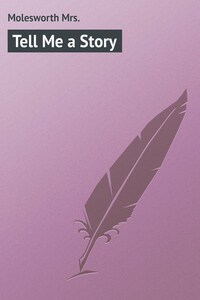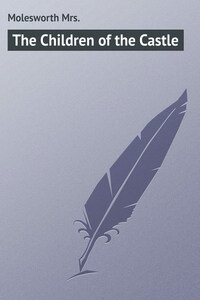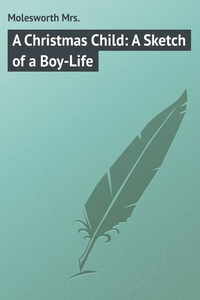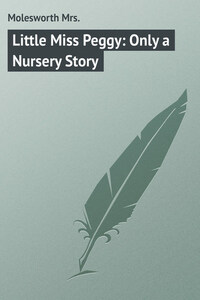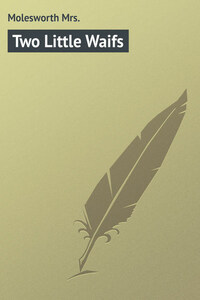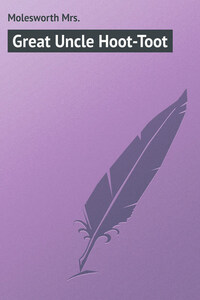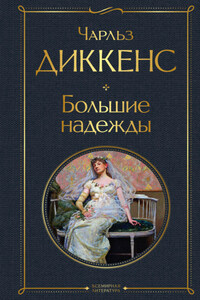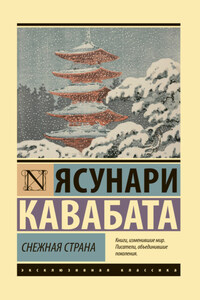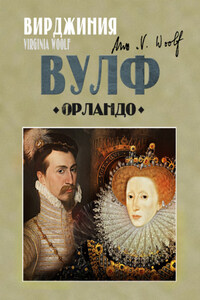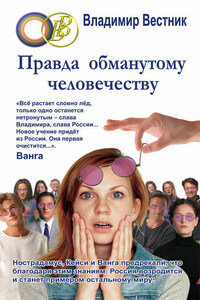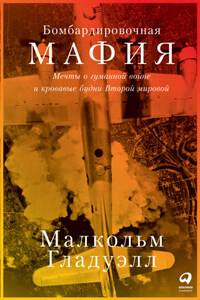A dull afternoon in November. In London, too, where, though bright and beautiful November days are not utterly unknown, they are, it must be allowed, the exception.
A not very lively scene indoors either.
A large – too large for the present purpose at least – concert-room in a public building, very far from well filled, and somewhat dimly lighted; the dimness aggravated by a suspicion of fog.
“Rather an unlucky day, I fear,” said one lady to her next neighbour. “Still, at this season, what can one expect?”
“And after all,” was the reply, “the dull season is the best for charity things. People – such of them as are in town – are glad of something to do.”
For the concert was one for a benevolent object, not seemingly a very popular one, or possibly merely but little known. It had been difficult to collect the performers, more difficult to obtain the lady patronesses, most difficult of all to sell the tickets. And as a natural consequence, but few had been sold.
“The programme is a very fair one,” resumed the first speaker, glancing at it as she spoke.
“I’m glad you think so,” replied the other lady, who had had some hand in getting up the concert. “That last violin solo was a little too long.”
“Perhaps so – but still – the audience was very attentive; more than attentive indeed. Just look at those two girls – I have been watching their faces. They seem quite absorbed and delighted. Look at them now. What pretty girls they are, too!”
Mrs Balderson – for such was the name of the second speaker – smiled. Her companion’s remarks pleased her.
“They are two young friends of mine,” she replied in a lower tone. “I put them in front so as to see the performers well. They are full of interest in everything. They are staying with me for two or three weeks – their first real visit to London.”
“Indeed! how you must enjoy having them! Are they relations?” came next.
Mrs Balderson answered in a semi-whisper, till a slight rustle of expectancy warned her that the momentary interval between the long solo and a song which came next was over, and she relapsed into dutiful silence.
The sisters in front had been talking also, though in subdued tones.
“Celia,” said the elder of the two, a handsome, eager-faced girl, with brown hair and eyes – “Celia, are we not lucky? Do you see what the first song is?”
“I saw it ever so long ago, but I did not tell you. I thought it would be such a surprise. I wish you hadn’t seen it till you heard it,” said the younger girl.
“What an Irishism!” returned the other, laughing. “You mustn’t count on my short-sightedness, you see;” for Winifred, the elder girl, was a trifle short-sighted. “I am very glad I saw it; I like the pleasures of anticipation.”
She did not look her age, though she was fond of impressing upon her friends that she was “no longer very young.” Her complexion and the rounded outlines of her face might have been in keeping with seventeen or eighteen. Only a certain tone of decision, a slight, very slight touch of brusqueness, made her twenty-four years credible. Late hours and heated rooms, the wear and tear of over-amusement or over-excitement, had nothing to answer for in the case of these country girls – country girls, in a sense, of the old-fashioned kind.
Celia, who was not yet twenty, was prettier than her sister; taller and fairer – a more flowerlike creature – with an entire absence of self-consciousness, born to a certain extent, perhaps, of her absolute reliance upon Winifred, which added curiously to her charm.
“So do I,” she replied. “I like to know the name of the singer and to picture her to myself beforehand – especially when she is going to sing anything one loves so clearly as,” and she mentioned the song (an old ballad which I will not name, as I should like my readers to think of the old ballad they care for most). “If she is ugly or ungraceful, I shall just shut my eyes after the first glance and try to forget her. But her name is – pretty? no, not exactly, but nice, somehow, and rather queer. ‘Hertha Norreys.’ Did you ever hear it before, Winifred?”
”‘Norreys,’ spelt like that, is a very good name,” said Winifred the all-wise, “but ‘Hertha!’ What is it I know about ‘Hertha?’ We must look it out in our ‘Christian names,’ Celia, when – ”
But a touch on her arm from the quicker-eyed Celia silenced her, and like their chaperon and her friend, they grew mute, more than mute, motionless with interest which soon developed into an intenser feeling, as they watched the new-comer quietly making her way to the front of the platform. Saw her, and soon heard her. Yet the two perceptions seemed almost as one. From that first day, it was and ever remained to both – to Winifred especially, perhaps – impossible to think of Hertha Norreys in her absence except as singing, impossible to hear elsewhere the familiar notes of her favourite songs without seeing her.
For her songs, as a rule, were well known and simple; ballads familiar to most of us – the kind of thing which is, in great measure, “made” by the artist; which may be “marred” into utter nonentity.

